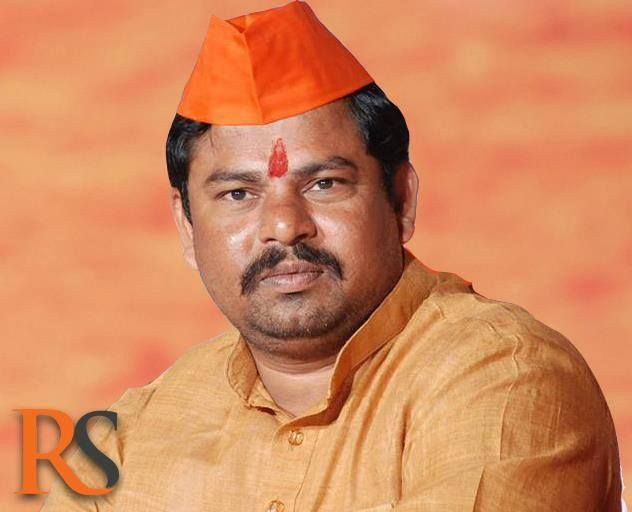Facebook Slammed In India For Waffling On Hate Speech Content, Left And Right Unhappy With Social Media Giant

KEY POINTS
- Raja Singh used his Facebook posts to attack Muslims, threatened to destroy mosques
- Facebook’s senior public policy executive in India, Ankhi Das, reportedly opposed banning Singh
- Facebook CEO Mark Zuckerberg has vowed that his company will not host hate speech
Facebook (FB) faces mounting criticism from all sides of India's political spectrum amid allegations of inaction against lawmakers who use their accounts to spread hate or promote violence.
The trouble came to the forefront when Facebook sought to ban politician T. Raja Singh, a member of the Telangana Legislative Assembly in south-central India. Singh is also a member of India’s ruling Bharatiya Janata Party, or BJP.
Among other things, Singh used his Facebook posts to attack Muslims, threatened to destroy mosques and called for the shooting of Rohingya Muslim immigrants from Myanmar. Singh even suggested that Muslims who kill cows should themselves be slaughtered. Monitoring Singh, Facebook determined he had violated their social media conduct rules multiple times and posed a real-life danger – meaning he qualified for a permanent ban.
But months later, Singh’s Facebook page is still active with hundreds of thousands of followers.
Facebook’s senior public policy executive in India, Ankhi Das, reportedly opposed banning Singh and at least three other right-wing Hindu nationalists who were also cited for promoting hatred and violence, the Wall Street Journal reported.
Das was reportedly concerned that punishing members of the BJP party would alienate Prime Minister Narendra Modi’s government. Many believe Facebook needs the goodwill of New Delhi to expand in its biggest market, as some current and former Facebook employees have suggested the company does not want to offend Modi or the BJP.
Facebook also took no measures against other BJP officials, including MP Anantkumar Hegde, who accused Muslims of spreading COVID-19 in India, among other conspiracy theories.
“A core problem at Facebook is that one policy [organization] is responsible for both the rules of the platform and keeping governments happy,” tweeted Facebook’s former chief security officer, Alex Stamos, who is now director of Stanford University’s Internet Observatory.
Facebook CEO Mark Zuckerberg has assured that his company will not host hate speech.
“People should be able to see what politicians say [on Facebook],“ Zuckerberg said in May in reference to President Donald Trump’s social media activity. “[But] there are lines, and we will enforce them.”
But in India no political party appears to be happy with Facebook.
BJP MP Rajeev Chandrasekhar of the southern state of Kerala has rejected the notion that Facebook is kowtowing to his party, telling Indian media that the "alleged bias for the [right wing] can only be described as a hatchet job by some [left wing] elements in Facebook against Facebook.”
BJP MP Rajyavardhan Singh Rathore in the western state of Rajasthan said Facebook was “anti-Hindu.”
"What the [left wing] wants is not control over hate speech but unfettered freedom of hate speech to its ideologically aligned members,” he wrote in the Indian Express newspaper. “There are millions of posts mocking Hindu gods and abusing right-of-center leaders. But Facebook’s advanced algorithms and community standards fail to catch them. However, unsuspecting common people running pro-right-of-center pages are suspended with no right to appeal."
But the opposition Congress party said that Facebook's "inaction" against hate speech "destabilizes democracy" in India.
“More often than not Facebook takes no action and even worse allows objectionable content to continue despite being brought to notice," said Congress spokesperson Supriya Shrinate. “Despite external complaints and red flags being raised by their own… safety teams, hate content has been allowed to willfully continue [on Facebook].”
The Communist Party of India stated that it "strongly condemns the role of global social media behemoth, Facebook… Facebook is not following its own laid down policy against communal hate content.”
India is considered a crucial and huge market for Facebook. In April, Facebook said it would invest $5.7 billion in an Indian telecom operator, Jio Platform, to form a partnership with the Reliance Industries conglomerate.
© Copyright IBTimes 2025. All rights reserved.





















